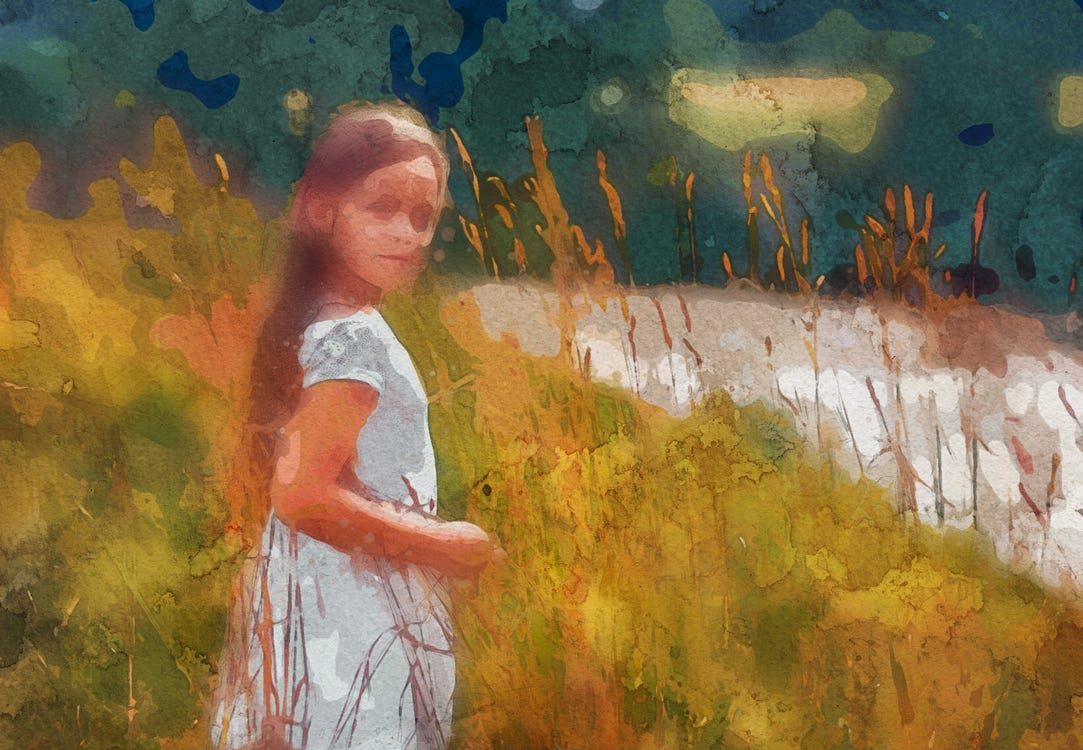Ever since I was a kid, I've been anxious about the outcomes or worthiness of my endeavors. The anxiety manifests in a few different ways: As a child, training for a science contest meant secluding myself in my room for hours until I felt a sense of substantial progress. This same drive followed me through the rigorous preparations for the Chemistry Olympiad. A few years ago, when working on my start-up, I could barely sleep more than 5 hours per night.
Living in San Francisco, there is often a social narrative that one should remain calm and tough, with anxiety seen as something you have to overcome. Especially in the circle of females in leadership positions, there is a pervasive belief that to be successful, one must mask their anxiety and show unwavering calm and resilience. The common wisdom I often receive is "chill a little" or "don't be anxious; everything will be fine." Most of this advice comes with good intentions: If one has worked hard and strived to be at a certain level of excellence, they are likely competent. Anything they take on has a high probability of success. Why fret about outcomes when they are likely to be favorable?
For a while, I tried embracing this advice. A calmer state of existence sounds great for good reasons. Getting things done is excruciatingly hard if you're constantly anxious about reaching perfection. You unnecessarily overdo things when they're not worth it. It makes enjoying quiet or rest times more difficult.
Despite all this, I still believe being anxious can be a competitive edge.
Most of the time, anxiety isn't rooted in concrete, rational reasons. They're these ambiently existing, visceral feelings that you can't really pinpoint why. Quiet voices whisper to your soul, hinting that something may be amiss and merits deeper reflection. Anxiety is part of human nature that pushes us to a more objective truth about something that we might not consciously recognize.
Anxiety allows me to be biased towards excellence. For better or for worse, most of my achievements have stemmed from the persistent worry that I am not doing enough. Relentlessly examining all the ways something can be better enables you to develop a more refined taste and pushes you towards a higher standard of what is good. As a human, there isn't a perfect, balanced state of mind: the human tendency is towards one end or another. If I train myself to be too relaxed, there's a quiet fear that mediocrity is what I'd be biased towards instead. Underlying one's self-respect is a certain level of self-hatred and criticism. Being anxious means that on a longer-term horizon, I am figuring out what I need to achieve to deserve my own respect and that of the people I respect.
Anxiety enables me to be more empathetic towards others. Every human is their own microcosm of ambitions, desires, and worries. Being anxious myself means I'm deeply invested in understanding the emotions of others and, hence, more invested in creating a space where feelings are heard. Perhaps that's what's more powerful: Personal anxiety, when channeled into a quest for understanding, reveals that an organization is a mosaic of legitimate individual worries. You can likely achieve deeper clarity and spur collective growth by listening and introspecting at a larger organizational level.
There was a quote from a monk that I read and still resonates deeply with me to this day:
One would think that the more we relax and have fun, the more we will have the chance to experience true happiness. However, a key source of happiness can be stated in a word: achievement. Success is really about the processive achievement of outcomes that are important to you. And creating the lives that we want always brings the feeling of satisfaction and joy.
I don't believe happiness can be achieved by simply having fun and relaxing. My endeavors will continue to have an underlying sense of anxiety. And maybe that's perfectly fine. If anything, anxiety is a precious gift that is innate to human nature - a competitive edge that pushes us to be better than we currently are.


